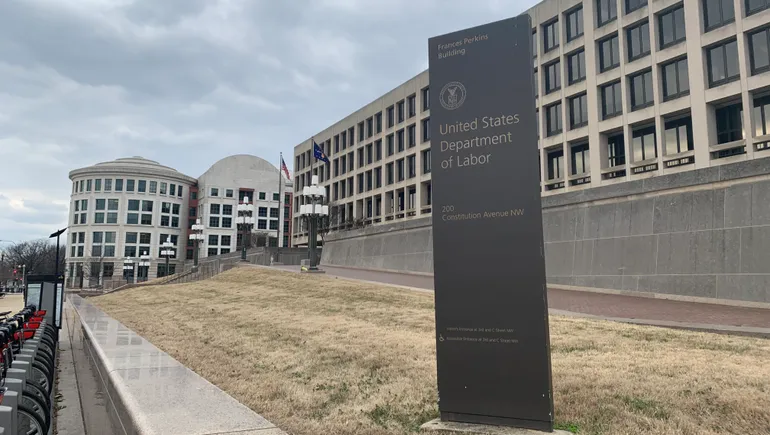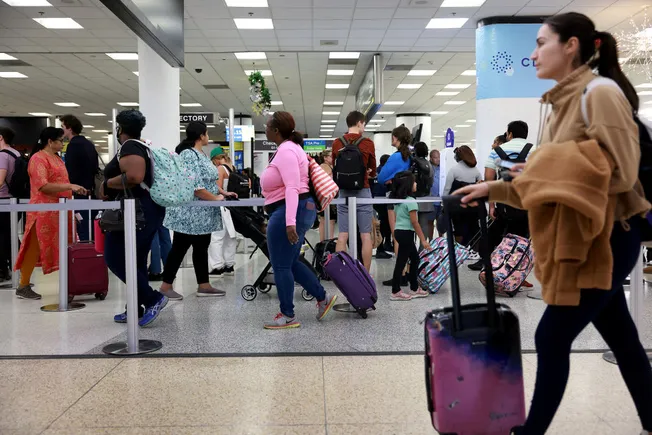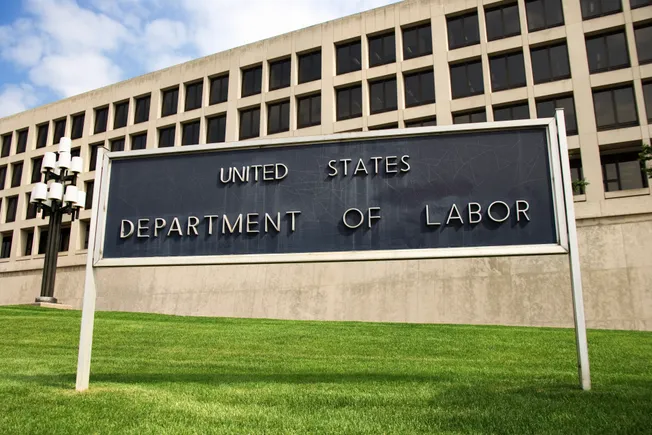Dive Brief:
- The U.S. Department of Labor’s Wage and Hour Division cited a California home care company that failed to pay workers overtime wages for the third time, according to a DOL press release published Thursday.
- DOL said an investigation found that T.G.H. Management Group Inc. did not pay overtime rates to 70 employees across its four locations and failed to keep accurate records. In all, DOL recovered a combined $145,674 in liquidated damages and back wages and issued more than $21,800 in penalties.
- Two prior agency investigations of T.G.H. Management Group led to the recovery of more than $102,000 in unpaid wages for 50 employees and $9,500 in penalties, according to DOL. The agency directed workers who may be owed back wages to its online search tool.
Dive Insight:
Employers may face investigation and further reprisals from DOL when they fail to comply with the Fair Labor Standards Act’s overtime pay requirements, which stipulate that nonexempt employees must be paid time and one half their regular rate of pay whenever they work more than 40 hours in a workweek.
Employers also must calculate the correct regular rate of pay for overtime purposes and can be subject to enforcement if they do so incorrectly. In 2023, DOL said it found that an operator of NAPA Auto Parts stores in South Carolina did not include nondiscretionary bonuses in some employees’ regular rates when calculating overtime pay, leading to lower rates than those required by the FLSA.
Penalties multiply when employers willfully or repeatedly fail to abide by the FLSA. DOL regulations specify that willful and repeat violators of overtime pay requirements are subject to penalties capped at $1,000 per violation. That does not include any back pay owed to affected workers.
Only two months remain before the next increase to DOL’s minimum annual salary threshold for determining overtime pay eligibility, as per the agency’s final rule published in April. Beginning Jan. 1, certain employees earning less than $58,656 per year will be eligible for overtime pay, up from the current minimum of $43,888 per year. The same rule provides for automatic updates to the threshold every three years beginning in July 2027.
Employers can take steps to prepare for updated overtime regulations such as ensuring job duties are accurately described, notifying currently exempt employees whose status will change thanks to the pending updates and communicating these changes to managers, experts previously told HR Dive.






Leave a Reply